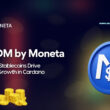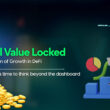Over One billion adults worldwide lack access to a traditional bank account, leaving them on the fringes of the global financial system. This issue is particularly acute in impoverished countries where access to essential documentation or infrastructure needed to open a bank account is limited or non-existent.
The inability to access banking services hampers efforts to save money, make payments, or obtain credit, thereby exacerbating the cycle of poverty.
Decentralized Finance (DeFi) has emerged as a potential solution to this problem, leveraging blockchain technology to facilitate financial transactions and services without the need for intermediaries like banks. DeFi, although still in its infancy, is already making a difference in underbanked communities across the globe.
Cardano, a prominent and Rising player in the DeFi space, is poised to play a significant role in empowering third-world countries by providing financial access and opportunities to those who have been historically marginalized.
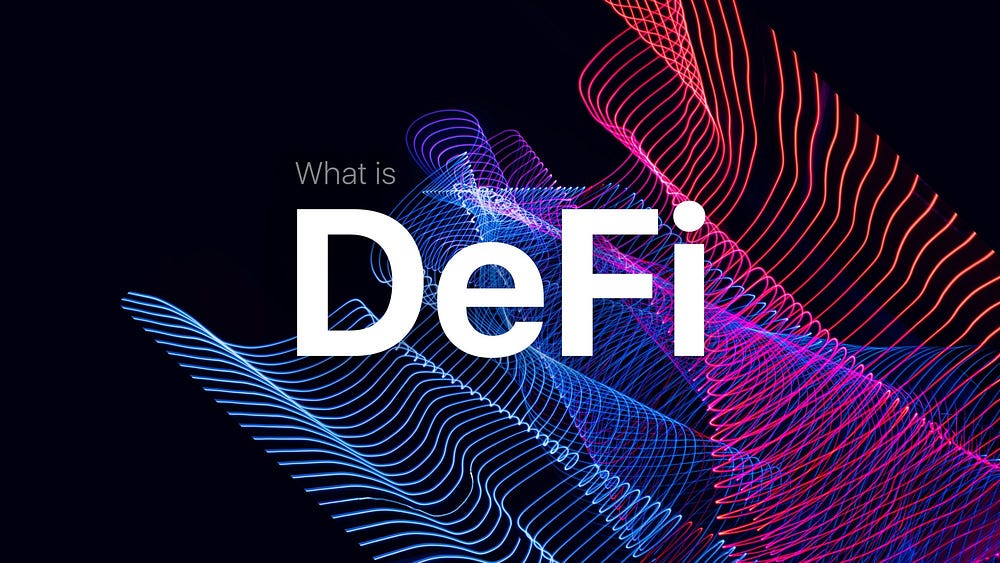
What is DeFi and How Does it Work?
DeFi is an umbrella term for financial services that operate on blockchain technology, circumventing the need for traditional intermediaries such as banks and financial institutions. By leveraging smart contracts and decentralized applications (dApps), DeFi platforms can facilitate various financial transactions, such as lending, borrowing, trading, and investing, all without the need for a central authority.
This decentralization not only enhances security and transparency but also lowers costs and barriers to entry, making financial services more accessible to people worldwide.
Cardano — A DeFi Platform with a Vision
Cardano is a third-generation blockchain platform designed to be more scalable, secure, and sustainable than its predecessors. Founded by Charles Hoskinson, one of the co-founders of Ethereum, Cardano aims to address the limitations of previous blockchain networks while remaining true to the principles of decentralization and inclusivity. One of the most critical aspects that sets Cardano apart is its focus on security, but its competitive edge extends beyond that to encompass its unique approach to research, development, and scalability.
Emphasis on Security
Cardano’s security is built on a solid foundation, using a formally verified, peer-reviewed approach to its design and development. This rigorous process ensures that the platform’s code is robust, reliable, and secure against potential vulnerabilities or exploits.
In contrast, other blockchains like Ethereum have faced challenges related to security, with smart contract vulnerabilities and exploits leading to significant financial losses.
Cardano’s Ouroboros, the platform’s Proof of Stake (PoS) consensus algorithm, is also an essential factor in its security. Ouroboros is the first PoS protocol to be formally proven secure, offering similar security guarantees to Bitcoin’s Proof of Work (PoW) algorithm while consuming significantly less energy.
This security-first approach positions Cardano as a more secure and sustainable choice for DeFi projects, instilling confidence in users and developers alike.
Research-Driven Development
Cardano’s research-driven approach to development sets it apart from other blockchains. The platform’s development is grounded in academic research, with a team of leading researchers and engineers collaborating to create a blockchain that is both secure and scalable.
This emphasis on research has led to numerous innovations, such as the Extended UTXO (EUTXO) model, which allows for more predictable and efficient smart contract execution.
This research-oriented methodology results in a more robust and reliable platform that is better suited to supporting DeFi applications and services.
Scalability and Interoperability
Scalability has long been a challenge for blockchain platforms, particularly those looking to support a vast and growing DeFi ecosystem. Cardano addresses this issue through its unique layered architecture, which separates the settlement layer (where transactions are processed) from the computational layer (where smart contracts are executed).
This separation enables Cardano to process transactions more efficiently than platforms like Ethereum, which relies on a single-layer architecture.
Furthermore, Cardano’s focus on interoperability allows it to communicate with other blockchains seamlessly.
The platform’s approach to sidechains and cross-chain communication enables DeFi applications built on Cardano to interact with other networks and services, creating a more interconnected and versatile financial ecosystem.
DeFi Applications that Can Benefit Third-World Countries
Peer-to-Peer Lending and Borrowing
In third-world countries, access to credit is often limited, with traditional financial institutions imposing strict lending criteria or charging exorbitant interest rates. DeFi platforms can facilitate peer-to-peer lending and borrowing, enabling individuals and small businesses to access credit without the need for a bank.
By using smart contracts, DeFi lending platforms can ensure that loans are transparent, secure, and enforceable, all while keeping interest rates fair and competitive.
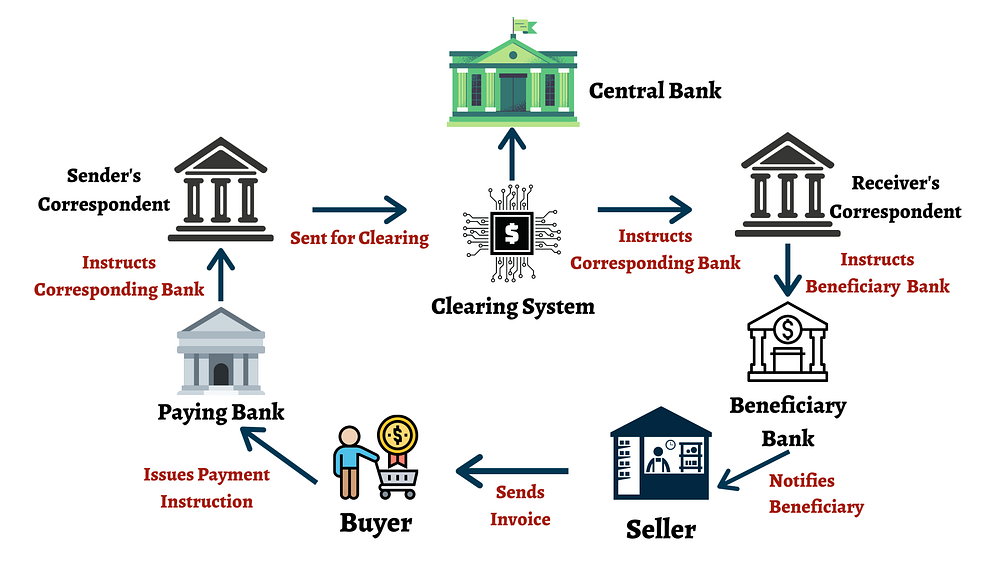
Remittances and Cross-Border Payments
Migrant workers often face high fees of up to 40% with western Union and slow processing times when sending remittances back to their home countries as they have limited to no choice when doing so.
DeFi platforms can streamline the remittance process, allowing for faster and more cost-effective cross-border payments. By reducing fees and removing intermediaries, DeFi has the potential to put more money in the hands of recipients, thereby bolstering local economies and improving the lives of families in third-world countries.
Decentralized Savings and Investments
In many third-world countries, there aren’t any investment opportunities for the average citizen like in the western world. For instance, it’s easy for anybody in the US to open a Brokerage account in a matter of minutes and have thousands of stocks and ETFs at their fingertips. This kind of opportunity is non-existent in most of Africa and other poorer Nations.
DeFi offers accessible and user-friendly savings and investment options that can help individuals in third-world countries grow their wealth over time. With platforms like Cardano, users can participate in staking, yield farming, or other decentralized investment opportunities to earn a passive income, regardless of their location or socio-economic status.
Financial Education and Empowerment
DeFi can also serve as a tool for financial education and empowerment. With user-friendly interfaces and resources, DeFi platforms can help demystify complex financial concepts and encourage financial literacy among users in third-world countries.
By providing access to information and fostering a better understanding of personal Finance, DeFi can help individuals make more informed decisions about managing and growing their wealth.
Cardano’s Role in Banking Third World Countries
Cardano has been proactive in establishing partnerships with governments, NGOs, and local communities in third-world countries to build the necessary infrastructure for DeFi adoption.
By collaborating with stakeholders, Cardano can help develop and implement blockchain-based solutions tailored to the unique needs of these regions, ensuring that DeFi services are accessible, affordable, and relevant to the local population.
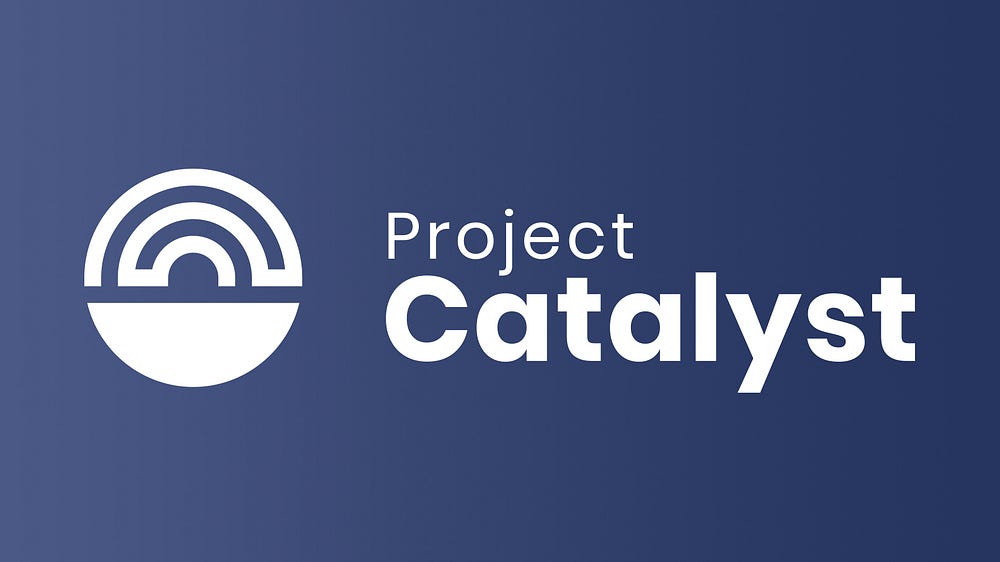
Supporting Local Entrepreneurs and Innovators
Cardano is committed to fostering innovation and entrepreneurship in third-world countries by supporting local developers and startups.
Through initiatives like Project Catalyst, Cardano provides funding, mentorship, and resources to entrepreneurs and innovators working on DeFi and blockchain projects.
This support not only enables the development of innovative solutions that address local challenges but also fosters economic growth and job creation in these regions.
Enhancing Financial Inclusion through Digital Identity Solutions
A significant barrier to financial inclusion in third-world countries is the lack of identification documents required to open a bank account or access financial services.
Cardano’s Atala PRISM, a decentralized identity solution, can help bridge this gap by providing individuals with a secure, verifiable digital identity that can be used to access DeFi services.
By linking a user’s digital identity to their financial transactions, Cardano can facilitate trust and transparency while still maintaining privacy and security.
Focus on Sustainability and Scalability
Cardano’s emphasis on sustainability and scalability ensures that its DeFi solutions can be adopted and utilized by a large number of users in third-world countries without compromising the environment or the network’s performance.
In addition, Cardano’s Proof of Stake (PoS) consensus mechanism, Ouroboros, is more energy-efficient than traditional Proof of Work (PoW) algorithms, making it an environmentally friendly alternative for blockchain-based financial services.
A final Note
Decentralized Finance holds the potential to transform financial inclusion in developing nations, offering access to vital banking services for billions of underbanked and unbanked individuals. Cardano’s unique approach, which emphasizes security, research-driven development, scalability, and interoperability, positions it as an exceptional choice for DeFi projects focused on fostering financial access and opportunities in third world countries.
Through DeFi applications like peer-to-peer lending, remittances, decentralized savings, and digital identity solutions, Cardano is poised to break down barriers to financial inclusion and unlock economic potential in underprivileged regions. As the platform continues to innovate and evolve, its commitment to empowering local communities and nurturing a more secure and interconnected financial ecosystem will undoubtedly contribute to a more inclusive and equitable global economy.
The Cardano community, with its shared vision of financial empowerment and its dedication to leveraging the platform’s strengths, plays an essential role in realizing this transformative potential. Together, we can help build a future where financial access and opportunities are available to everyone, irrespective of their location or socio-economic status, ultimately driving positive change and improving the lives of countless individuals in third world countries.




